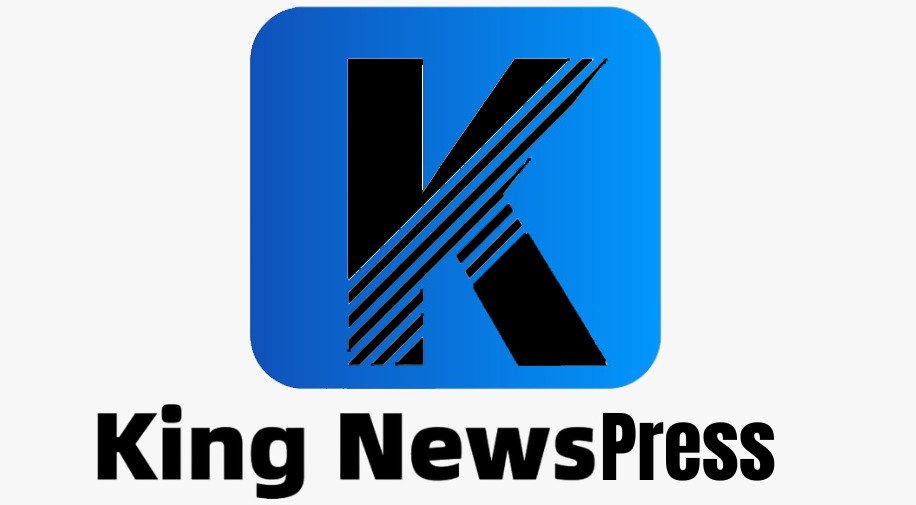Mayfields Guide to Common Pitfalls for Freelancers and Small Businesses The Five Most Frequent Mistakes
Mayfield highlights five common financial mistakes among freelancers and small business owners: mixing finances, ignoring cash flow, delaying debt payments, overstocking, and neglecting accounting tools. The guide explains how to avoid these traps and build lasting financial stability through simple, practical strategies.
Denver, Colorado, United States, 22nd Oct 2025 – IMCWire – Running your own business is an exciting journey, but it also comes with risks that can quietly undermine your progress. Many small business owners and freelancers focus so much on growth that they overlook hidden financial traps.
With years of experience helping entrepreneurs, Mayfield identifies five common mistakes that can harm small businesses — and how to avoid them.
1. Mixing Personal and Business Finances
One of the biggest mistakes new entrepreneurs make is blending personal and business funds. Using a business card for personal purchases or depositing client payments into a personal account might seem harmless, but it quickly becomes a nightmare at tax time.
When finances overlap, tracking expenses and justifying legitimate deductions become difficult. Worse, it attracts unwanted attention from tax authorities, risking audits, penalties, or loss of deductions worth thousands.
Solution: Open a separate business bank account and credit card. Keep all professional income and expenses there. It simplifies bookkeeping, protects you during tax season, and gives a clear picture of your company’s financial health.
2. Focusing on Revenue While Ignoring Cash Flow
Many entrepreneurs celebrate sales as a sign of success. But revenue alone doesn’t tell the full story. A company can have strong sales yet struggle if cash isn’t received on time or is stuck in unpaid invoices.
Cash flow is the lifeblood of any business — without it, you can’t pay staff, suppliers, or reinvest in growth.
Solution: Closely monitor receivables. Set clear payment terms, send reminders promptly, and follow up on late invoices. Building a cash flow plan helps anticipate shortfalls before they become crises.
3. Ignoring the Cost of Compound Interest from Late Payments
When cash is tight, some entrepreneurs delay paying credit cards, loans, or suppliers. But debt grows — compound interest and late fees add up quickly, turning small delays into large financial burdens.
Repeated late payments can lead creditors to raise rates, reduce limits, or cut ties, which can cripple small businesses.
Solution: Treat debt as a priority bill. Even minimum payments made on time protect your credit score and prevent penalties. If struggling, contact creditors early to negotiate better terms rather than waiting for fees to pile up.

4. Tying Up Cash in Idle Inventory
For product-based businesses, poor inventory management is a common trap. Over-ordering or failing to track stock rotation leaves valuable cash locked in unsold goods.
Excess stock risks damage or obsolescence, while stockouts on popular items mean missed sales and frustrated customers.
Solution: Set inventory alert levels and use simple tracking tools to spot slow-moving items. Build reliable supplier relationships to restock quickly rather than overstocking.
5. Neglecting Accounting and Automation Tools
Many small business owners manage finances “in their head,” on paper, or through messy spreadsheets. That may work early on, but it becomes risky as the business grows. Errors multiply, expenses get missed, and decision-making suffers.
Solution: Use an accounting system or simplified bookkeeping template like Mayfield’s to organize expenses, forecast cash flow, and prepare tax filings efficiently — without feeling overwhelmed.
Success in business isn’t just about sales — it’s about managing money wisely, maintaining healthy cash flow, and avoiding costly pitfalls.
By separating finances, monitoring cash flow, paying debts on time, managing inventory smartly, and using the right tools, freelancers and small businesses can protect their hard work.
Good financial habits adopted today prevent expensive mistakes tomorrow and build a stronger foundation for long-term success.
Company Details
Organization: Mayfield Investment Education
Contact Person: Team Mayfield Investment Education
Website: https://www.mayfield-edu.com/
Email: Send Email
Contact Number: +18382324790
Address: 1099 18th St, Denver, CO 80202
Address 2: Denver, Colorado, 美国
City: Denver
State: Colorado
Country: United States
Release Id: 22102535859
